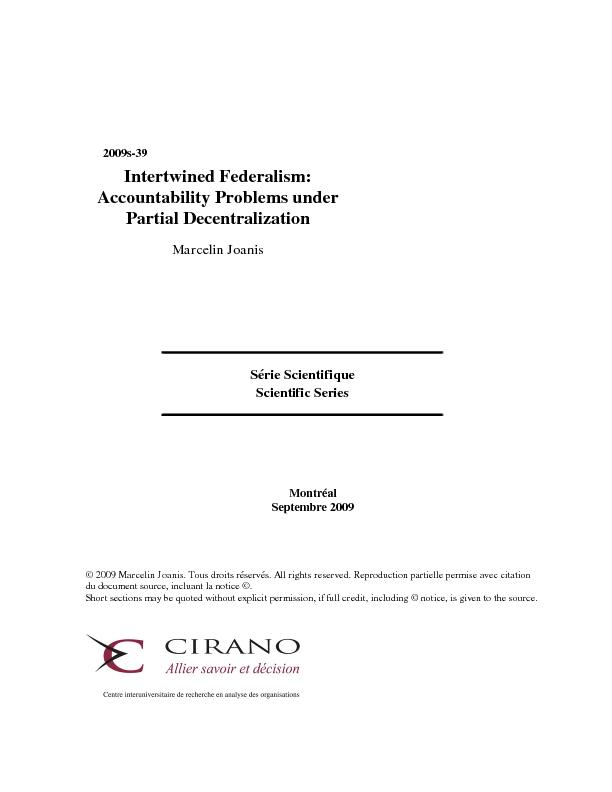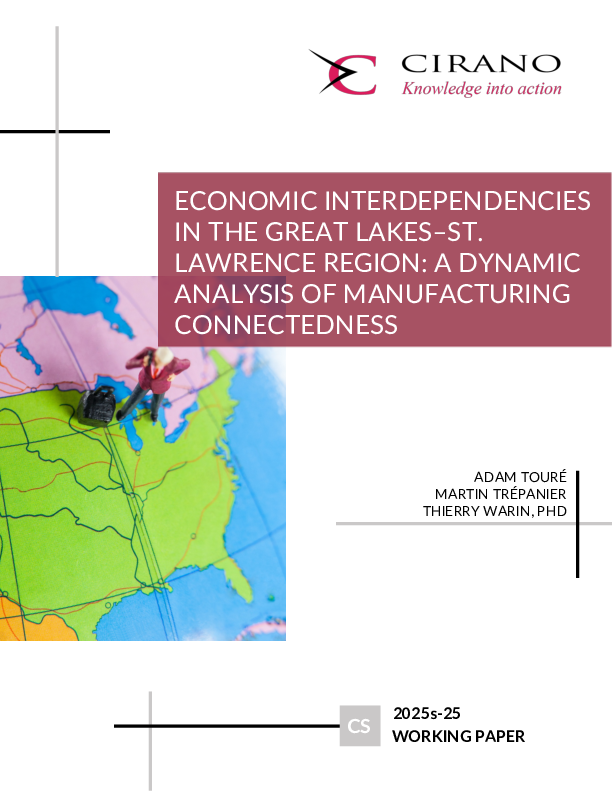Intertwined Federalism: Accountability Problems under Partial Decentralization
Decentralization reforms typically lead to the coexistence of multiple tiers of government in a given policy area. To analyze the welfare effects of such partial decentralization, this paper develops a political agency model in which two levels of government are involved in public good provision and voters are imperfectly informed about each government's contribution to the public good. The model predicts that a departure from the polar cases of complete centralization and complete decentralization is desirable only if the benefits of vertical complementarity in public good provision outweigh the costs of reduced accountability, which result from detrimental vertical strategic interactions operating through the electoral process.
[ - ]




